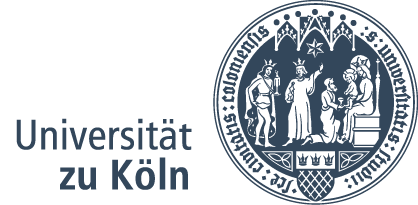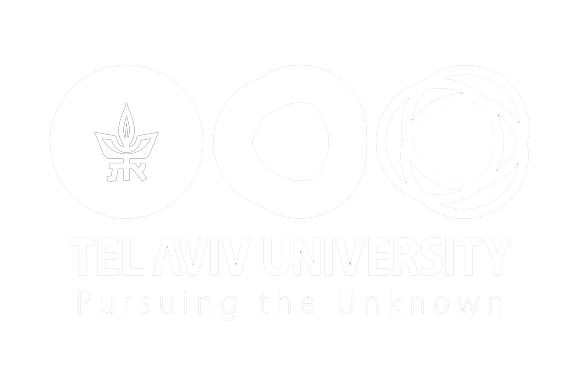de

Personen
Christian Unkelbach
Vorstandsmitglied
Publications (selection)
2022
Ruessmann, J. K., & Unkelbach, C. (2022).
"Rational Dictators in the Dictator Game Are Seen as Cold and Agentic but Not Intelligent." Personality and Social Psychology Bulletin, 48(8), 1298–1312.Speckmann, F., & Unkelbach, C. (2022).
"Monetary Incentives Do Not Reduce the Repetition-Induced Truth Effect." Psychonomic Bulletin & Review, 29(3), 1045–1052.Sperlich, L. M., & Unkelbach, C. (2022).
"When Do People Learn Likes and Dislikes from Co-Occurrences? A Dual-Force Perspective on Evaluative Conditioning." Journal of Experimental Social Psychology, 103, 104377.2021
Speckmann, F., & Unkelbach, C. (2021).
"Moses, Money, and Multiple-Choice: The Moses Illusion in a Multiple-Choice Format with High Incentives." Memory & Cognition, 49(4), 843–862.Unkelbach, C. & Speckmann, F. 2021.
"Mere Repetition Increases Belief in Factually True COVID-19-Related Information." Journal of Applied Research in Memory and Cognition, 10(2), 241-247.2020
Alves, H. Högden, F., Gast, A., Aust, F., & Unkelbach, C. 2020.
"Attitudes from mere co-occurrences are guided by differentiation." Journal of Personality and Social Psychology.Koch, A. S., Speckmann, F. & Unkelbach, C. 2020.
"Q-SpAM: How to Efficiently Measure Similarity in Online Research." Sociological Methods & Research.Unkelbach, C., Alves, H., & Koch, A. 2020.
"Negativity bias, positivity bias, and valence asymmetries: Explaining the differential processing of positive and negative information." In: B. Gawronski (Ed.), Advances in Experimental Social Psychology. Cambridge, MA: Academic Press.2019
Alves, H., Koch, A. & Unkelbach, C. 2019.
"The Differential Similarity of Positive and Negative Information—An Affect-Induced Processing Outcome?" Cognition and Emotion, 33, 1224-1238.Högden, F., Stahl, C., Unkelbach, C. 2019.
"Similarity-Based and Rule-Based Generalisation in the Acquisition of Attitudes Via Evaluative Conditioning." Cognition & Emotion, 1-23.Unkelbach, C., Koch, A. S., Silva, R. R. & Garcia-Marques, T. 2019.
"Truth by Repetition: Explanations and Implications." Current Directions in Psychological Science, 28(3), 247-253.2018
Alves, H., Koch, A. & Unkelbach, C. 2018.
"A Cognitive-Ecological Explanation of Intergroup Biases." Psychological Science, 29(7), 1126-1133.Gräf, M. & Unkelbach, C. 2018.
"Halo Effects from Agency Behaviors and Communion Behaviors Depend on Social Context: Why Technicians Benefit More from Showing Tidiness than Nurses Do." European Journal of Social Psychology, 48 (5), 701-717.Lammers, J., Gast, A., Unkelbach, C. & Galinsky, A. D. 2018.
"Moral Character Impression Formation Depends on the Valence Homogeneity of the Context." Social Psychological and Personality Science.Unkelbach, C. & Förderer, S. 2018.
"A Model of Attribute Conditioning." Social Psychological Bulletin, 13(3).Unkelbach, C. & Greifeneder, R. 2018.
"Experiential Fluency and Declarative Advice Jointly Inform Judgments of Truth." Journal of Experimental Social Psychology, 79, 78-86.2017
Alves, H., Koch, A. S. & Unkelbach, C. 2017.
"The "Common Good" Phenomenon - Why Similarities Are Positive and Differences Are Negative." Journal of Experimental Psychology: General, 146(4), 512-528.Alves, H., Koch, A. S. & Unkelbach, C. 2017.
"Why Good Is More Alike Than Bad: Processing implications." Trends in Cognitive Sciences, 21(2), 72–82.Högden, F., Hütter, M. & Unkelbach, C. 2017.
"Does Evaluative Conditioning Depend on Awareness? Evidence From a Continuous Flash Suppression Paradigm." Journal of Experimental Psychology Learning Memory and Cognition, 44(10).Unkelbach, C. & Rom, S. C. 2017.
"A Referential Theory of the Repetition-Induced Truth Effect." Cognition, 160, 110-126.2016
Alves, H., Koch, A. & Unkelbach, C. 2016.
"My Friends Are All Alike – The Relation Between Liking and Perceived Similarity in Person Perception.” Journal of Experimental Social Psychology, 62, 103-117.Förderer, S. & Unkelbach, C. 2016.
"Changing US Attributes After CS-US Pairings Changes CS-Attribute-Assessments: Evidence for CS-US Associations in Attribute Conditioning." Personality and Social Psychology Bulletin, 42(3), 350-265.Gräf, M. & Unkelbach, C. 2016.
"Halo Effects in Trait Assessment Depend on Information Valence: Why Being Honest makes You Industrious, but Lying Does Not Make You Lazy." Personality and Social Psychology Bulletin, 42, 290–310.Koch, A., Imhoff, R., Dotsch, R., Unkelbach, C. & Alves, H. 2016.
"The ABC of Stereotypes About Groups: Agency/Socioeconomic Success, Conservative–Progressive Beliefs, and Communion." Journal of Personality and Social Psychology, 110(5), 675–709.Koch, A. S., Alves, H., Krüger, T. & Unkelbach, C. 2016.
"A General Valence Asymmetry in Similarity: Good Is More Alike Than Bad." Journal of Experimental Psychology: Learning, Memory, and Cognition, 42(8), 1171-1192.Unkelbach, C. & Fiedler, K. 2016.
"Contrastive CS-US Relations Reverse Evaluative Conditioning Effects." Social Cognition, 34(5), 413-434.2015
Alves, H., Unkelbach, C., Burghardt, J., Koch, A. et al. 2015.
"A Density Explanation of Valence Asymmetries in Recognition Memory." Memory & Cognition, 43(6), 896-909.Fasold, F., Memmert, D. & Unkelbach, C. 2015.
"A Theory-Based Intervention to Prevent Calibration Effects in Serial Sport Performance Evaluations." Psychology of Sport and Exercise, 18, 47-52.Förderer, S. & Unkelbach, C. 2015.
"Attribute Conditioning: Changing Attribute-Assessments Through Mere Pairings." The Quarterly Journal of Experimental Psychology, 68(1), 144-164.Garcia-Marques, T., Silva, R. R., Reber, R. & Unkelbach, C. 2015.
"Hearing a Statement Now and Believing the Opposite Later." Journal of Experimental Social Psychology, 56, 126-129.Memmert, D., Plessner, H., Hüttermann, S., ... Unkelbach, C. 2015.
"Collective Fit Increases Team Performances: Extending Regulatory Fit from Individuals to Dyadic Teams." Journal of Applied Social Psychology, 45(5), 274-281.Newman, E. J., Garry, M., Unkelbach, C., ... Nash, R. A. 2015.
"Truthiness and Falsiness of Trivia Claims Depend on Judgmental Contexts." Journal of Experimental Psychology: Learning, Memory, and Cognition, 41(5), 1337-1348.Schofield, T.P., Unkelbach, C. & Denson, T.F. 2015.
"Alcohol Consumption Increases Bias to Shoot at Middle Eastern but Not White Targets." Group Processes & Intergroup Relations, 20(2), 202-215.2014
Förderer, S. & Unkelbach, C. 2014.
"The Moderating Role of Attribute Accessibility in Conditioning Multiple Specific Attributes.” European Journal of Social Psychology, 44(1), 69-81.Fiedler, K. & Unkelbach, C. 2014.
"Regressive Judgment: Implications of a Universal Property of the Empirical World.” Current Directions in Psychological Science, 23(5), 361-367.Unkelbach, C. & Memmert, D. 2014.
"Serial-Position Effects in Evaluative Judgments." Current Directions in Psychological Science, 23(3), 195-200.Pressemitteilungen
Für ihr Paper „Negativity bias, positivity bias, and valence asymmetries: Explaining the differential processing of positive and negative information“ haben …
In den Medien
UoC Insights, 27.11.2020 | Christian Unkelbach im Interview
„Prof. Dr. Christian Unkelbach ist seit 2011 Lehrstuhlinhaber für Allgemeine Psychologie am Department Psychologie der Humanwissenschaftlichen Fakultät der Universität zu Köln. […] Seit 2016 ist Prof. Unkelbach Sprecher der DFG Forschungsgruppe 2150 „Die Relativität sozialer Kognition: Antezedenzien und Konsequenzen vergleichenden Denkens“ an der Universität zu Köln. […] Prof. Unkelbach spricht in unserem Interview u.a. über die bisherigen Forschungsergebnisse sowie die Auswirkungen der Corona-Pandemie auf die laufende Forschungsarbeit.“Welt am Sonntag, 15.06.2014 | Fanny Jiménez
„Wer groß ist, sollte versuchen, ein Foul in den ersten 15 Minuten unterzubringen – dann hat er gute Chancen, dennoch ungestraft davonzukommen. Denn wie der Sportpsychologe Christian Unkelbach von der Universität in Köln herausfand, drücken Schiedsrichter in der ersten Viertelstunde oft ein Auge zu.”Link zum Artikel: http://www.welt.de/print/wams/wissen/article129082449/Die-Grossen-haben-das-chsehen.html



